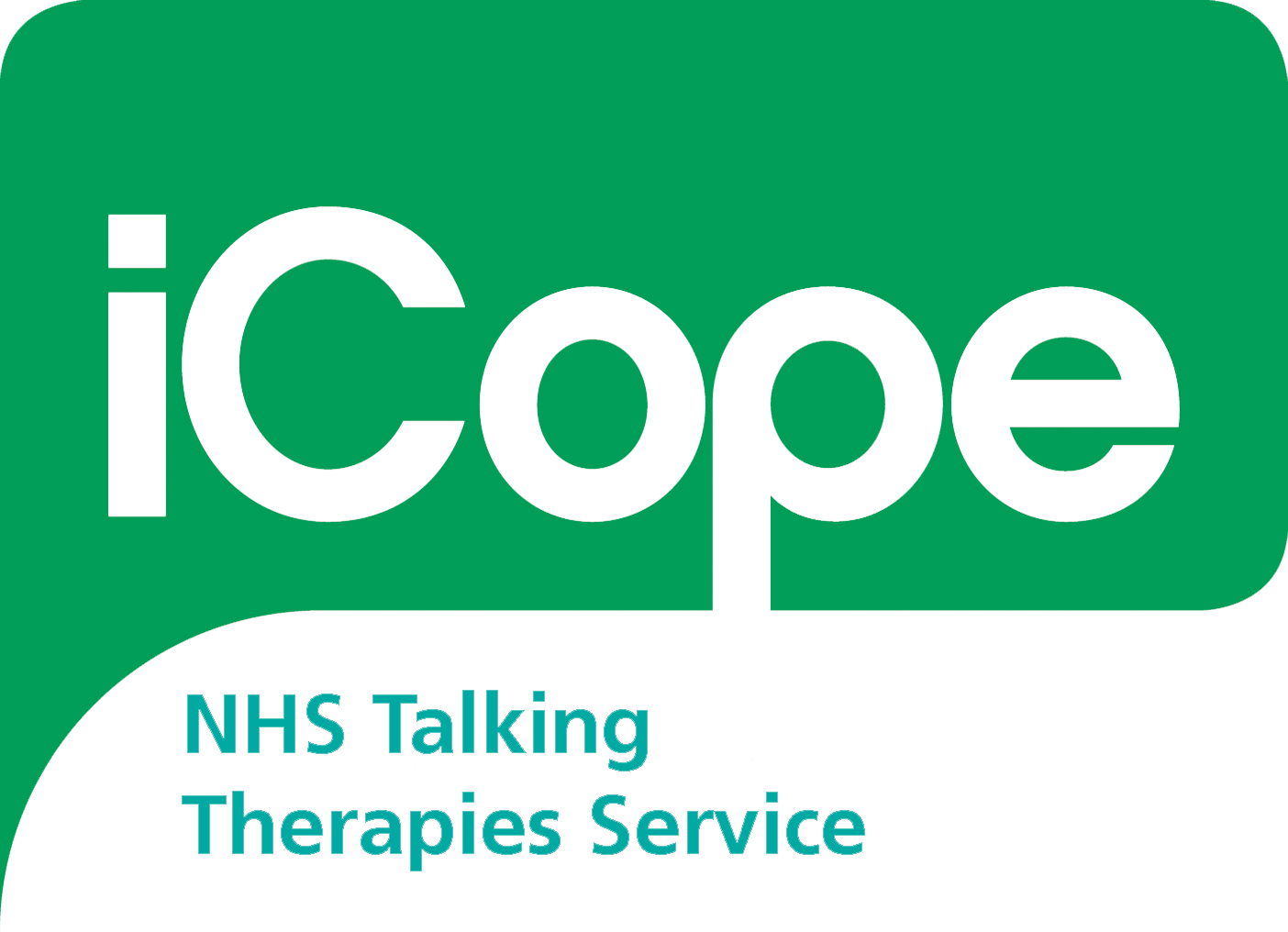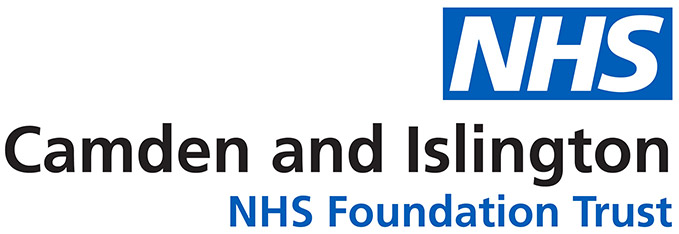If you would like to read more about how you can help yourself please click here.
Useful self-help strategies for managing phobias include:
Exercise: Regular exercise, particularly aerobic exercise, combats stress and releases tension. It also encourages the brain to release a chemical called serotonin, which improves mood. Aim to do at least 150 minutes of moderate exercise a week. Moderate exercise is when you feel slightly out of breath and tired. A good example is going for a brisk walk.
Relaxation: Learning how to relax and unwind is important. Relaxation and breathing exercises help, as well as activities such as as yoga or pilates.
Improve your diet: Improve your diet to help ease your symptoms. For instance, too much caffeine makes you more anxious than normal because it speeds up your heart. Caffeine also disrupts natural sleep. When you are tired, it’s harder to cope with anxious symptoms.
Stop smoking and cut down drinking: Cigarettes and alcohol have been shown to increase feelings of anxiety. Drink alcohol in moderation and, if you smoke, try to give up. The NHS and your GP provide free support to people who want to stop smoking.
Meet other people with similar experiences
Support groups meet face-to-face for members to share difficulties and problems with each other. Many support groups also give support and advice by phone, or in writing. Search online or ask your GP about local support groups for anxiety.
Understanding your phobia: Reading about phobias can help. Books based on the principles of Cognitive Behavioural Therapy (CBT) can help you understand more about your psychological problems. You will also learn ways of overcoming phobias by changing how you think and behave. If you want to know more about recommended books, click here.




